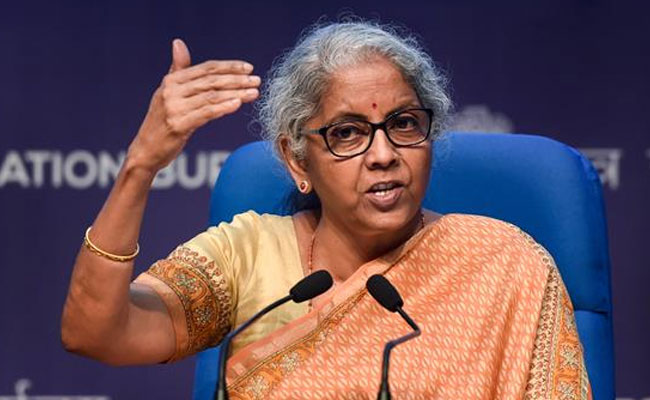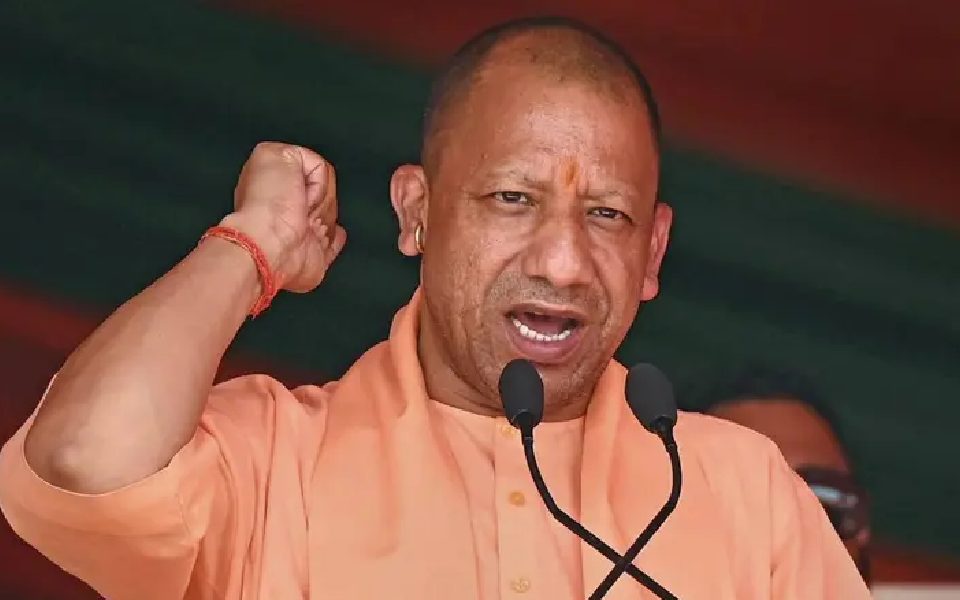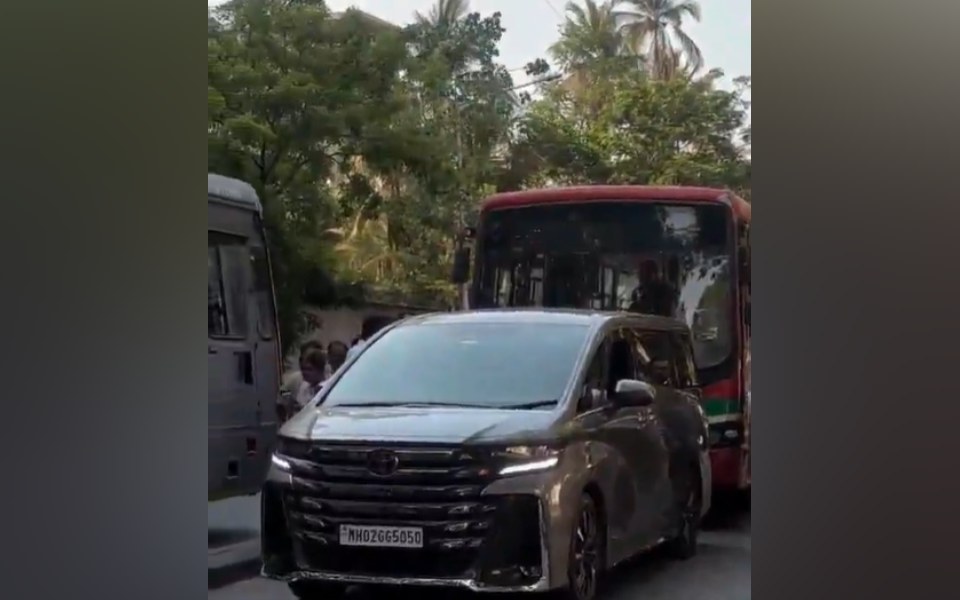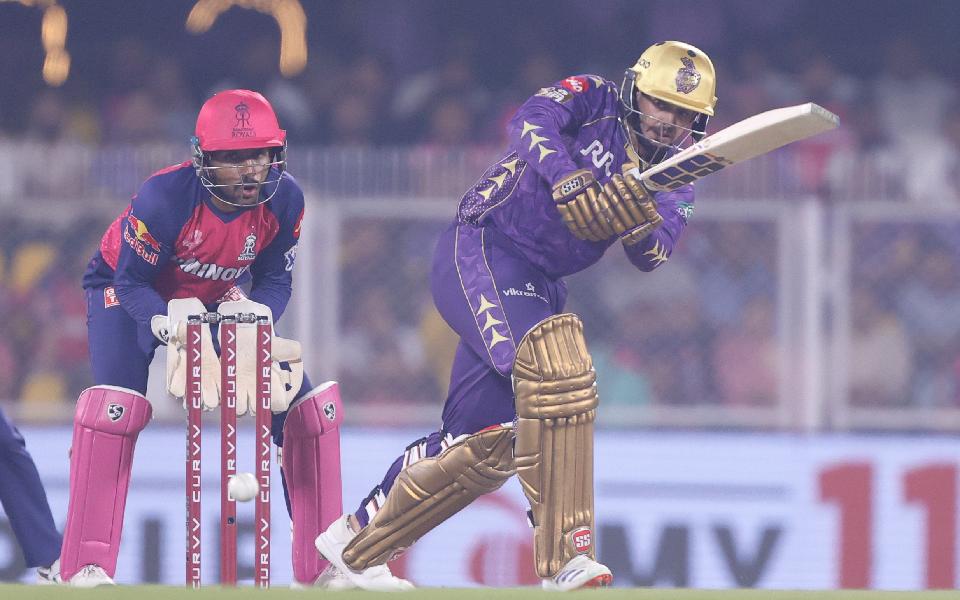New Delhi (PTI): Finance Minister Nirmala Sitharaman on Monday said Jan Dhan Yojana-led interventions and digital transformation have revolutionised financial inclusion in the country, as more than 50 crore people have been brought into the formal banking system with cumulative deposits surpassing Rs 2 lakh crore.
On the ninth anniversary of the Pradhan Mantri Jan Dhan Yojana (PMJDY), which is one of the biggest financial inclusion initiatives in the world, Sitharaman in her message said 55.5 per cent bank accounts have been opened by women, and 67 per cent have been opened in rural/semi-urban areas.
Under the scheme, the number of bank accounts grew 3.4-fold from 14.72 crore in March 2015, to 50.09 crore as on August 16, 2023.
Total deposits too have swelled from Rs 15,670 crore as of March 2015, to over Rs 2.03 lakh crore as of August 2023.
The average deposits in Jan Dhan accounts have increased 3.8 times from Rs 1,065 as of March 2015, to Rs 4,063 in August 2023.
About 34 crore RuPay cards have been issued to these accounts without charge, which also provides for a Rs 2 lakh accident insurance cover.
The zero-balance accounts under the scheme have reduced to 8 per cent of total accounts as of August 2023, from 58 per cent in March 2015.
Sitharaman said, "the 9 years of PMJDY-led interventions and digital transformation have revolutionised financial inclusion in India. With the collaborative efforts of stakeholders, banks, insurance companies, and government officials, the PMJDY stands out as a pivotal initiative, changing the landscape of financial inclusion in the country...".
Minister of State for Finance Bhagwat Karad said Jan Dhan Aadhaar Mobile (JAM) architecture has enabled successful transfer of government benefits in the accounts of the common man seamlessly.
"PMJDY accounts have become the fulcrum of people-centric initiatives like Direct Benefit Transfer (DBT) and have contributed towards inclusive growth of all sections of the society, especially the underprivileged," Karad said.
The PMJDY was launched on August 28, 2014, with an aim to provide universal banking services through the opening of zero-balance bank accounts for every unbanked household, based on the guiding principles of banking the unbanked, securing the unsecured and funding the unfunded.
Let the Truth be known. If you read VB and like VB, please be a VB Supporter and Help us deliver the Truth to one and all.
Agra/Lucknow, Mar 26 (PTI): An aircraft carrying Uttar Pradesh Chief Minister Yogi Adityanath made an emergency landing at the Agra airport shortly after take off due to a technical snag, officials said.
The chief minister resumed his journey to Lucknow after over two hours, they said.
Adityanath was in Agra for a public event to mark the eighth anniversary of the BJP government in the state.
"After the programme, the chief minister was scheduled to leave from the Kheria Airport in Agra around 3.30 pm. The aircraft took off but returned shortly apparently due to a snag, which was then inspected by officials," a police official told PTI.
"The chief minister finally resumed his onward journey around 5.30 pm from Kheria," the official added.
Senior Agra district administration and police officials remained at the airport while the chief minister waited there. BJP supporters and local politicians were also present outside the airport.
Earlier in the day, Adityanath inaugurated and laid the foundation stone of 128 projects worth Rs 635.22 crore at 'Vikas Utsav' held in Agra to mark the completion of eight years of his government.
"Residents of Agra now have access to metro rail services, officially making Agra a metro city. The construction of the civil terminal at the airport is in its final stages," he said, adding that previous governments failed to provide these facilities.





